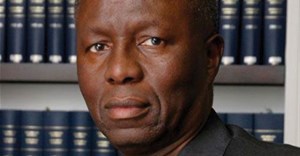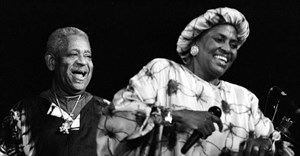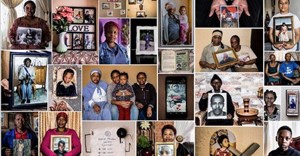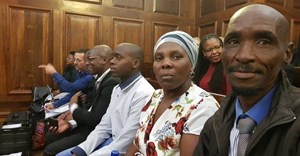Moseneke highlights reluctance to transform common law
As the keynote speaker at the Southern African Law Teachers conference taking place in Cape Town, Moseneke said the SCA had missed a number of opportunities to develop common law towards the values of the Constitution, writes Legalbrief.
Blindspot
Its failure to do so, he added, was in effect a resistance to the transformative design of the Constitution. Addressing the theme of the conference, Transformation of the Legal Profession - Decolonisation of Knowledge, Moseneke said many law professors still walked into lecture rooms and continued as though the Constitution had never been enacted. Law schools and the courts, he continued, had a blind spot in that they never openly admitted that the common law was the direct result of a colonial project and was based on grand theories that sprung from the global north with origins from ancient Roman law of the 15th and 16th centuries.
It was a system that did not recognise any traditional African, Muslim, Hindu or other legal systems, with devastating consequences for many. But in order to rethink a post-colonial society as truly open, just and deserving of the present generation, the courts and law teachers had to put critical thought into the purpose of law and whether it produced just outcomes, Moseneke said.
Separating the good from the bad
Moseneke said during negotiations, at the onset of democracy, those tasked with drawing up the new Constitution had one goal: to preserve the good and dump the bad. It was a duty, therefore, of every judge and academic in this country to separate the good from the bad when applying the common law, he said.
"In the words of the late Judge Ismail Mohammed, we have to shut the door firmly on our shameful past and preserve of it only that which is useful, and nothing else," said Moseneke. This, he continued, meant that the courts and law teachers had to recognise that not all common law was "innocent, perfect law", but that it also had features not consonant with the current transformation project. The law of delict, for example, was a relic of the feudal system and based on the principle of restitution and patrimony, said Moseneke. A poor person's loss therefore amounted to nothing he said, referring to recent high-profile cases like the pit-toilet death of Michael Komape, and the Life Esidimeni hearings. "The richer you are, the more you get. The poorer ... tough luck, you get nothing."
Law teachers "have a vital role in pushing back on evil and permitting goodness to prevail," he told delegates, "because at end of day only the law can produce a just outcome; its only true purpose, and it can't do so if it continues to consciously aggravate inequality".















